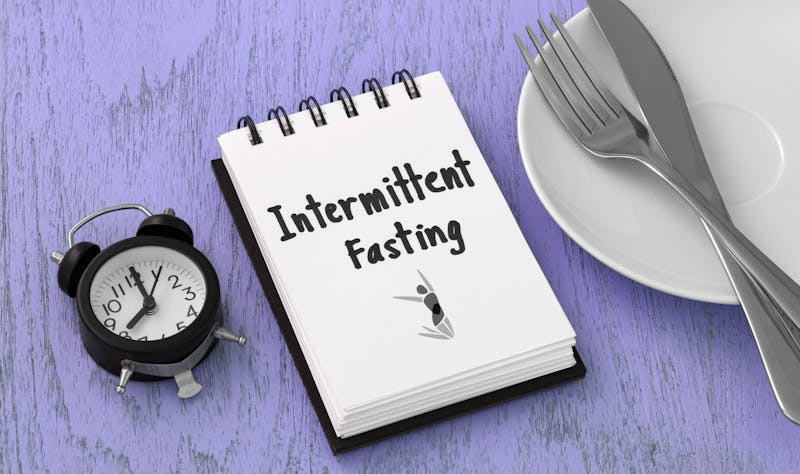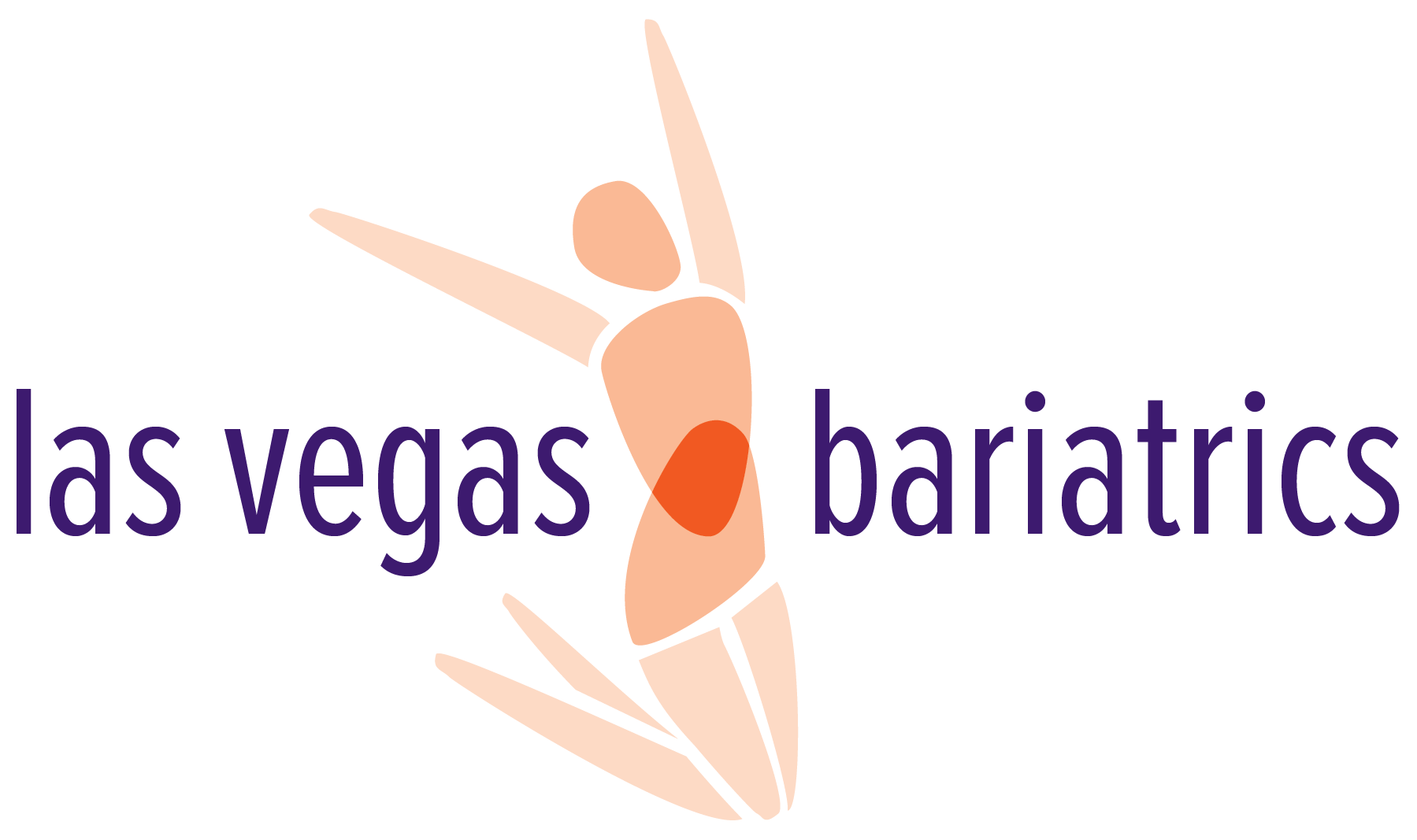

Intermittent fasting. Time restricted eating.
If you’ve been researching different diets and lifestyle changes over the last several years, you’ve probably come across intermittent fasting (IF) as an option. This method has become popular for its many health benefits, including:
Reduction in insulin levels and blood glucose levels Improvements in cholesterol levels (HDL, LDL, triglycerides) Weight loss Better control of type II diabetes Increased energy levels Cellular longevity resulting in slower aging of cells Reduction in spontaneous cancer development
IF is not a new concept for humankind as we have historically adapted to various forms of IF. In hunter-gatherer societies, not every meal was planned for or expected. Finding sources of food was an integral part of the day’s work and would result in long fasts.
Today, we don’t have those challenges and we have trained our bodies to expect nourishment at regular intervals while simultaneously decreasing the amount of physical activity we do. As a result, our bodies don’t have an opportunity to utilize the stored fats and sugars we have but instead rely on new intake throughout the day.
Here, we try to introduce some of the fact and fiction behind the IF method and help you decide if it’s the right approach for you!
What is IF?
Intermittent fasting is a method of controlled fasting in which we choose when we want to feed our bodies and when we want to fast it. There are shorter fasts (<24 hrs), longer fasts (>24 hrs), alternate day fasts, and extended fasts (>48 hrs). The recommended starting point for those interested in IF is always shorter fasts. This can be done safely in several ways:
The most well researched method is the 5/2 method which allows for 5 days of regular eating with 2 days of “fasting”. On fasting days, you are able to consume 500-600 calories total in 1 or more meals.
A second common method is 16/8 or 18/6 in which you are in a fasting state for the majority of the day and have a relatively smaller window of eating time. For beginners, it is preferred to start with a 16/8 routine so that the likelihood of adherence and success is greater.
How do I start IF (Intermittent Fasting)?
First, decide what schedule you want to follow and how long you would like to be fasting for. Then, start your fast!
Continue your daily activities and exercise as you normally would. Although you may struggle for the first several days, your body will quickly adapt to this new lifestyle.
Tips for Intermittent Fasting
During your feeding window, you should aim to choose unprocessed foods high in protein and healthy fats. When hunger strikes, drink water, coffee, or tea depending on the time of day. Caffeine is not preferred after 4pm for most people Listen to your body when it comes to hunger and eating. Don’t overeat during your feeding window to “make up” for the time you will be fasting At the same time, feed your body if you experience effects such as weakness, feeling faint, or dizziness. You may need to ease your body into this lifestyle if you normally over eat or eat meals frequently.
FAQs
Is this method of eating safe? Yes, there is ample research to suggest that the metabolic effects of IF and the improvements in cellular resistance improve many obesity related conditions Will I lose muscle if I’m still exercising while fasting? For overweight and obese persons, the likelihood of losing muscle mass during intermittent fasting is very low. The metabolic switch targets the use of fatty acids for energy once liver stores have been depleted. Continuing to exercise, especially in the fasted state, can improve physical function. What happens if I feel hungry? Hunger pains are generally short lived and can be triggered by the body based on a known schedule. Strategies to ride out hunger when you are outside the feeding window can be: Distract yourself with work or other activities Drink plenty of water Evaluate the foods you are eating during feeding periods to ensure they are nutrient dense and can keep you full for longer periods of time This generally means following a low carb diet with high lean proteins and healthy fats. How long do I do this for? Intermittent fasting or time restricted eating is a lifestyle. There is no magic “diet” that can help maintain weight and good overall health, therefore this is a lifelong method of providing nutrition for your body.
Remember, there is no success without diligence, sacrifice, and commitment. Intermittent fasting is not for everyone, but those who can create a lifestyle around these premises stand to gain many healthful years of life.
In health,
Punam Patel, MD FACS


